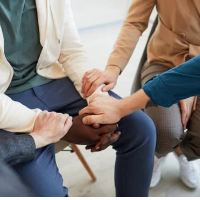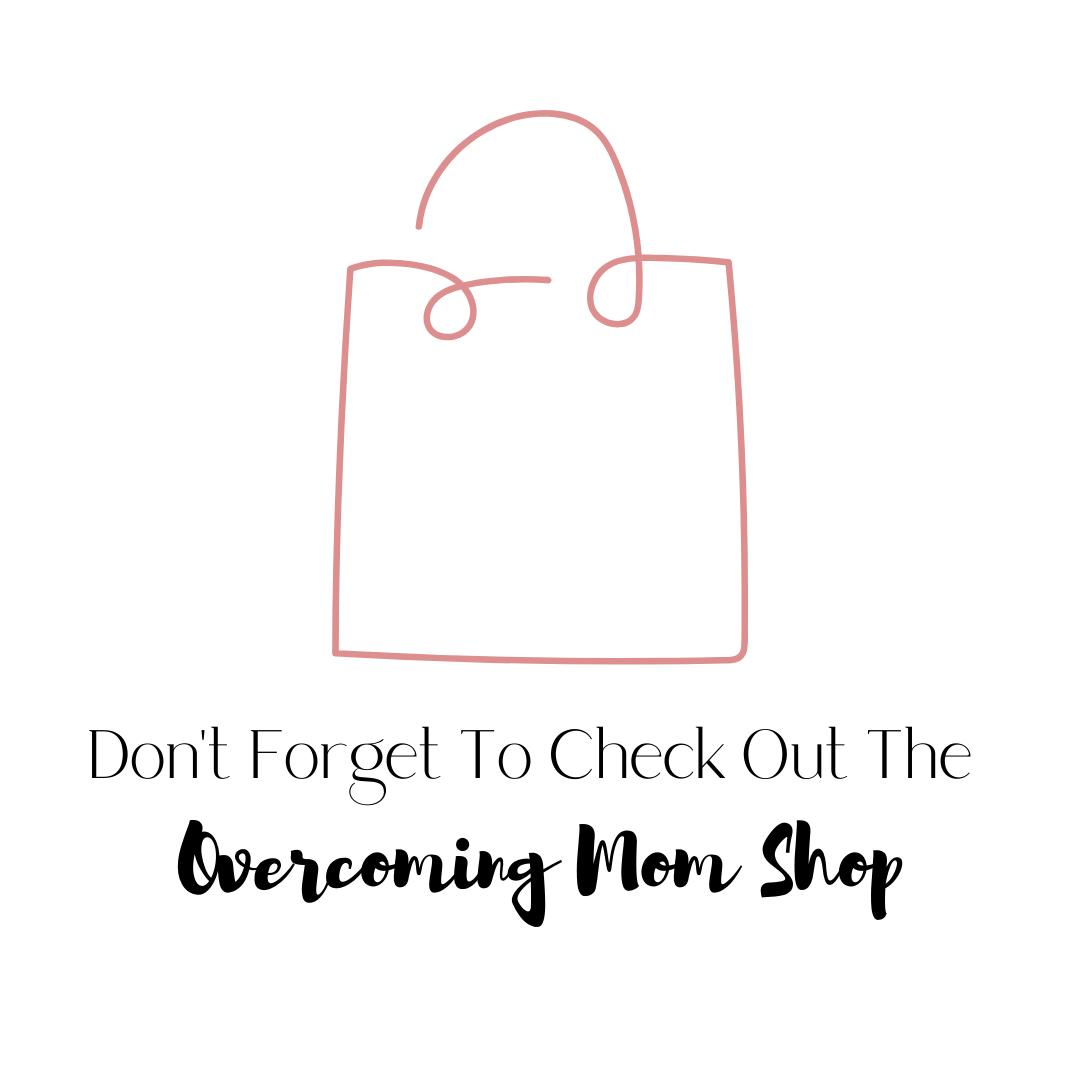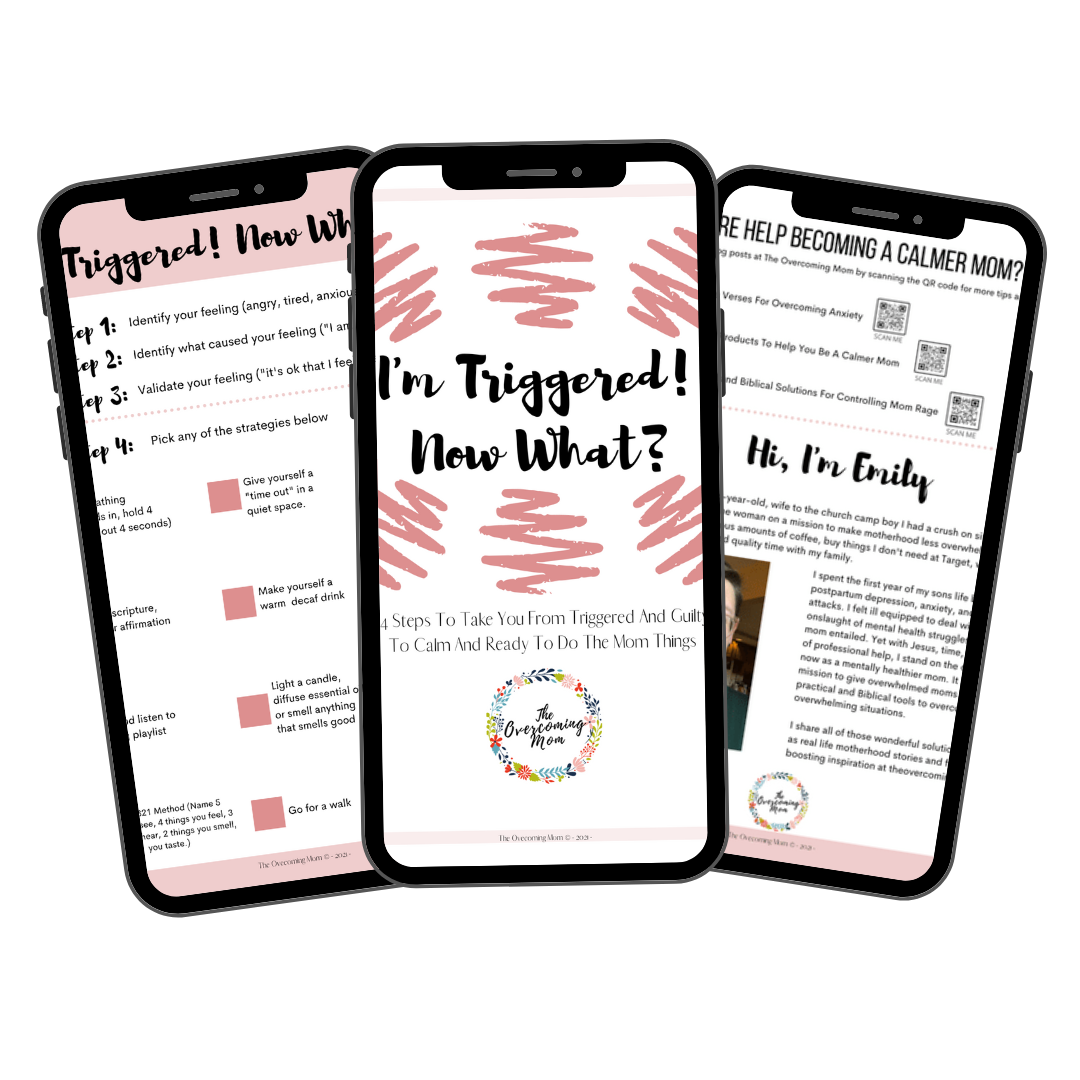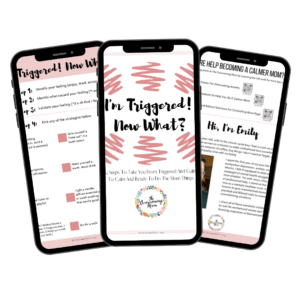This page may contain affiliate links. As an Amazon Associate I earn from qualifying purchases. If you want more information, please see my Affiliate Disclosure.

Motherhood in general can be a lonely road, especially for new moms. Dealing with postpartum depression can make that road feel even more isolating. Finding a community of other people to with a similar experience be around you and support you can be hugely beneficial in getting through any perinatal mental health issue. Finding one, on the other hand, can be challenging for some. For those of us who don’t live in or near an urban area, finding a support group can be challenging, and they may even feel nonexistent. In this blog post, I’m going to show you how you can find a postpartum depression support group. If there’s nothing like that happening in your area, I’m also going to give you tips on how you can start a support group of your own.
Why Do We Need Postpartum Depression Support Groups?
Mothers struggling with any kind of perinatal mood disorder has long been something we’ve hidden from the public eye. Shame and embarrassment have kept women from speaking up about the mental health struggles motherhood often presents us. This has led to a staggering amount of mothers who have been left battling a slew of mental health issues on their own and with no support.
Postpartum depression is the most common complication of childbirth. 1 in 7 women can develop postpartum depression. If left untreated, this can evolve into a longer term chronic disorder. Women battling postpartum depression also battle stigma around it, such as a perceived belief that they “don’t want their kids,” or a belief they’re not cut out for the job. Women with postpartum depression often go untreated because of these stigmas, and don’t disclose their feelings to family members. This is why finding or developing a safe space for new moms is so vital.
Knowing you’re not alone in the battle is an incredible place to start when overcoming postpartum depression. A support group can be exactly what a mom needs. A community of other people trying to overcome the same thing.
So how can we find a postpartum depression support group? Here’s a few places to start, as well as how you can start a support group of your own.
Disclaimer
I am not a medical professional, nor do I claim to be one anywhere on The Overcoming Mom. I am simply a mom who has been through hell and back with my own stint of postpartum depression and postpartum anxiety. I’ve done a lot of research from actual medical professionals, and provided that in this article. I have credited where I have received that information within this article. In no way, shape, or form is this article meant to be used as a diagnosis tool. If you suspect you have postpartum depression or postpartum anxiety, please seek medical attention. At the end of this article I will also have resources on how you can get help.
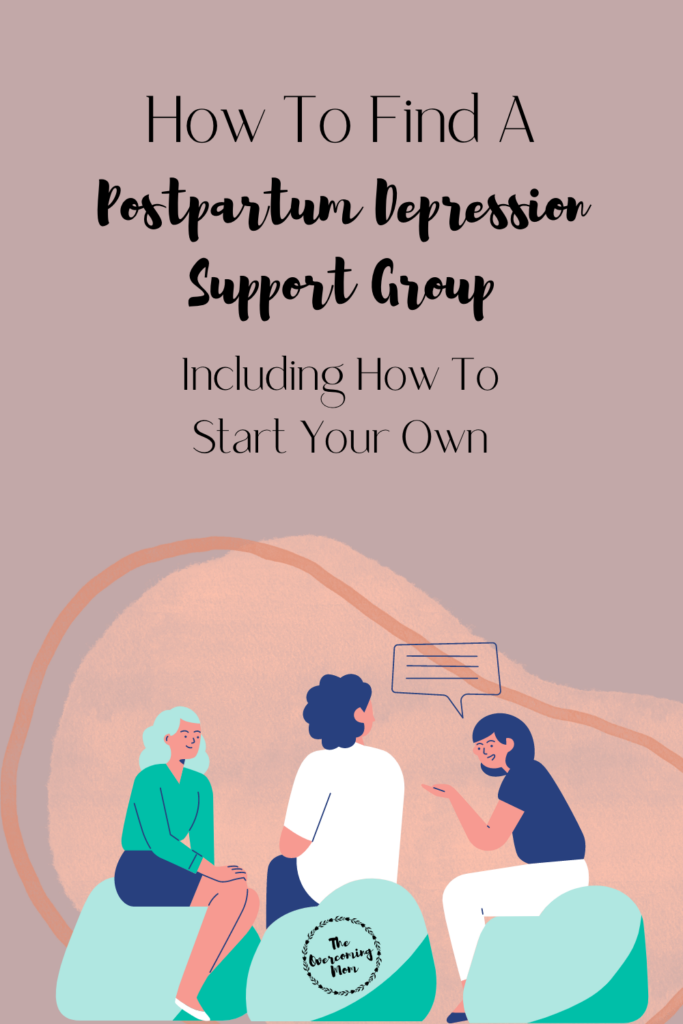

Reach Out To Local Therapists Or Care Providers In Your Area
Depending on where you live, there may already be postpartum depression support groups happening. Some of these are being ran by local therapists or non-profit organizations in your area. Reaching out to local mental health professionals can be a great place to start when looking for a local support group.
Some local therapists offer in-person support groups or virtual support groups as well as individual therapy. Even if none of your local therapists offer support groups, they could point you in the direction of those who do offer supportive services. There could also be a motherhood center in your area that offers free groups as well.
MOMS or MOPS Groups
Though the MOMS or MOPS organizations do not explicitly offer postpartum support groups, they do comprise of local moms who are aware of different community resources in your community. Reaching out and potentially joining your local MOMS, MOPS, or something similar group could open up opportunities for more niched support groups such as postpartum depression groups.
From personal experience with my local MOMS group, most of the moms in these groups are local experts. They know exactly what is happening in your area almost all of the time.
Though neither of these groups are specifically for perinatal mood disorders, being with a group of other moms in similar situations as yours can be beneficial in other ways.
Postpartum Support International
Postpartum Support International by far has the most comprehensive database of online and in person support groups for various perinatal mood disorders. They have an absolute plethora of information on their site about various mood disorders new mothers can be susceptible to. The list of free support groups they offer is extensive. They offer online support group meetings for parents of many varieties, such as LGBTQ+ parents, postpartum psychosis groups. prenatal support groups, post-loss individuals, you name it. Postpartum Support International offers in person groups as well as online groups. They also have a massive database of local maternal mental health providers you can search as well. They’re honestly such a wealth of information and resource that everyone who is or is planning on becoming a parent should absolutely have on hand.
To find a comprehensive list of the offerings Postpartum Support International offers, check out their support groups page.
Support Groups On Social Media
Social media has opened up doors for so many people who have felt unseen in their struggles to find others in the same boat with them. Some nonprofit organizations and therapists have taken to social media to offer support for various mental health ailments because of the simplicity and wide access to people it offers. A simple search on Facebook or Instagram could potentially lead to an already existing group. Finding an online community can be especially beneficial to those who live in a rural area.
Some Facebook groups that are not necessarily location based are already offered. Some of these are ran by licensed therapists, while some are offered by well intentioned people just looking to offer a safe setting for support. Be sure to do your research and look at who the admins of the group you’re considering are. Sometimes they will disclose who runs the group in the description before joining. You can also send a direct message to the admins of the group and simply ask.
Ways You Can Start A Support Group Of Your Own
It would be naive of me to assume that everyone has easy access to a local support group. Many parents in rural areas have a hard enough time simply finding healthcare access, let alone mental health support. Though it may feel and be ambitious to do so, starting a local support group of your own can be the way to go. Postpartum depression is the number one complication of pregnancy. This means that more than likely, a mom in need of support exists in your area whether you know them or not.
So how can you begin starting your own support group?
- Consider becoming a Postpartum Support International member or volunteer. PSI offers trainings and support, and they can help you connect to pre-existing facilitators of groups in your area.
- Make local connections. Talk with local healthcare providers, libraries, therapists, you name it, and get your name out there. There are plenty of places who may be able to offer space for your groups for free or for a low price such as your local library, churches, or community centers. These free local resources are such a perfect place to start when it comes to finding a meeting place that feels like a safe place for new moms to discuss their mental health.
- Post about your group on local group pages on social media or Meetup.com. Odds are that there is someone in your community looking for something similar.
- Find all the bulletin boards you can find in your area and post a good-ole-fashioned flyer. Yes, this is quite the archaic idea, but people still look at bulletin boards. Next time you take your child to the playground, coffee shop, grocery store, or other establishment, look for a bulletin board. Make up a simple flyer and stick it on there!
- Be “that person” who keeps a flyer or brochure about your group with you at all times, and hand it to everyone you know! Yes, it may be totally obnoxious to walk up to a random mom at the library and hand them a pamphlet about your group, but it’s better to be upfront than secretive. Perinatal mood disorders are not some secret ailment meant to hide in the shadows. Don’t be afraid to simply approach someone and share your info with them. It will 100% make you feel uncomfortable, but when it comes to spreading the news, you need to do the uncomfortable thing sometimes.
- Consider finding a childcare volunteer. Finding childcare can be a big hinderance for many new parents. Offering free or inexpensive childcare can be a fantastic selling point for those looking to participate in a group, but unable to due to childcare needs. Whether you outsource to a local babysitter or utilize a willing family member to watch the littles during meetings, having someone occupy the kids can be an amazing thing for any postpartum support group.
- When you begin gaining interest in your group, reach out to those who are interested and make a personal connection. Anyone who is struggling longs for genuine connection, and nobody wants to walk into a support group without a clue. Making a personal connection with potential group members can make a massive difference in their comfort level. When you’ve already made a personal connection with potential group members prior to their first meeting, you make the group feel more like a safe space for postpartum moms.
- If you can, consider enlisting in the assistance of a licensed therapist. This may be easier said than done depending on the area you live in, but enlisting the help of a licensed care provider can be majorly beneficial when discussing mood disorders. If finding a therapist to assist in facilitating your group isn’t an option, getting additional trainings can help as well. Postpartum Support International offers trainings for group facilitators and volunteers. I can’t stress enough that you don’t have to be a licensed medical professional to be an emotional support for new moms. In fact, some parents may prefer a peer-to-peer support group setting as opposed to a more professional setting. Enlisting in the help of a licensed professional can be beneficial when it comes to handling more serious matters that could arise in a group that may require professional attention. Most licensed professionals are also trained in leading support groups as well.
Mental Health Resources
- Betterhelp – Is an online therapy service that makes therapy accessible and affordable for all people. They have a huge database of therapist with many specialties, and offer many ways to participate in therapy.
- Faithful Counseling – Is very similar to Betterhelp, but is a database of online Christian therapists. If you would prefer to receive therapy from a faith-based perspective, then this could be just for you.
- Brightside – offers online medication and therapy treatments for depression and anxiety. You can get an appointment with an online provider in as little as 48 hours, and each treatment plan is catered to your personal needs.

